
I enjoy research. For a writer, this is obviously a good thing. I love following an obscure reference to its source or delving into the past in search of what, for want of a better word, could be called ‘the truth’, even though, historically at least, there is no such thing.
It can seem a bit obsessive. Halfway through a film or documentary, I will stop to look up a historical reference. Films are the worst. Documentaries portray at least one person’s vision of the truth… evidence-based or speculative, they are interpretations and opinions of an accepted fact. Films, though, take huge liberties with the facts and that worries me. As long as the viewer remembers that these are stories, made to entertain as much, if not more, than they are made to inform, then the inaccuracies do not matter. When, however, the ‘Hollywoodised’ version of the facts becomes the only one to which people pay attention, then our vision of history becomes seriously skewed.
Take Braveheart, for example. Mel Gibson’s 1995 film brought the story of William Wallace to the attention of the world. It was hugely successful and remains a firm favourite with many people. We watch the film, engage with its characters and story and are left with a feeling that we have gained some knowledge and insight into the period and its people.
Not so, say the lists of ‘most historically inaccurate films’. Nowhere near so, say those who have studied Wallace, his life, and the history of Scotland. Mel Gibson himself admitted that to be true, but defended his directorial choices because they made for more compelling cinema, regardless of their lack of accuracy. Ironically, the film rasied the profile of Wallace and Scottish history in general as well as increasing tourism, so peraps its very inaccuracy served a purpose.
We all know that the movie industry takes as many liberties with history as it does with scripts based upon classic works of fiction. It does not devalue the cinematic art form, but it really ought to make us question what we absorb and unconsciously accept as historical fact, or an accurate rendition of literature.
Continue reading at The Silent Eye




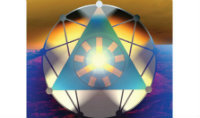

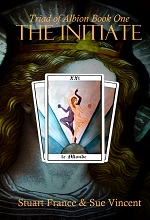
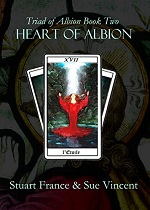

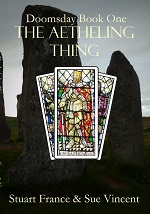
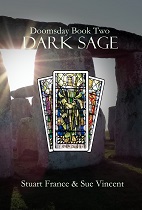
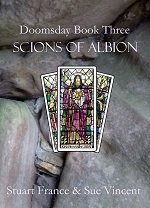
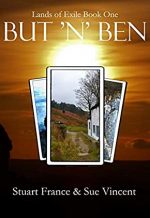

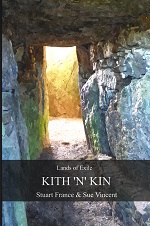
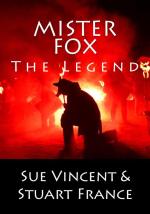
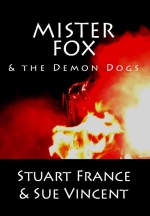
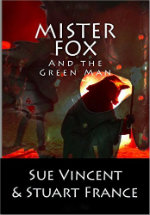
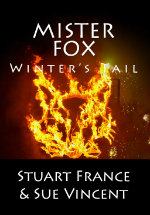
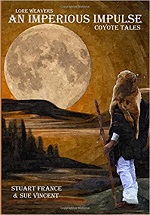

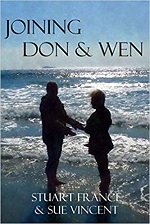

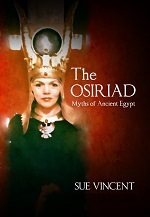
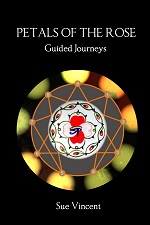

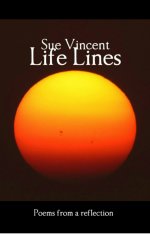
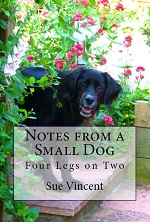

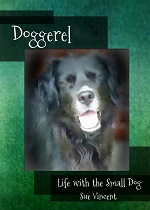

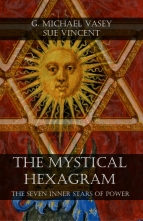

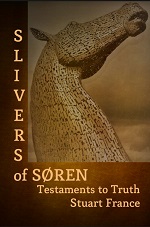
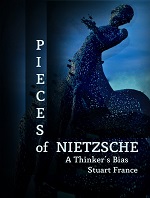
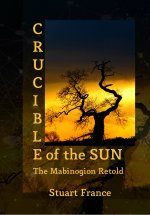
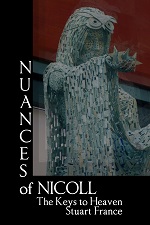

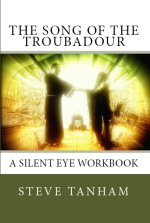
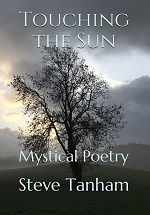

Reblogged this on The Militant Negro™.
LikeLike
Thank you!
LikeLiked by 1 person
You’re welcome.
LikeLiked by 1 person
Reblogged this on Die Erste Eslarner Zeitung – Aus und über Eslarn, sowie die bayerisch-tschechische Region!.
LikeLike
Thank you as always, Michael.
LikeLiked by 1 person
;-))
LikeLiked by 1 person
I tend to see those ‘based on a true story’ movies as windows, or gateways, to the event or person they’re ‘based on’. Wikipedia is my first ‘go-to’ too. (I don’t get the hate toward it … probably some sort of elitism or another) Then its down the nearest rabbit-hole I go, only surfacing for tea or food … or bathroom breaks. 🙂
LikeLike
That, I think, should be how it goes… a jumping off point for curiosity 🙂
I know Wiki gets some bad press, and is not always accurae, but it is generally a good pointer towards things you can chase down.
LikeLiked by 1 person